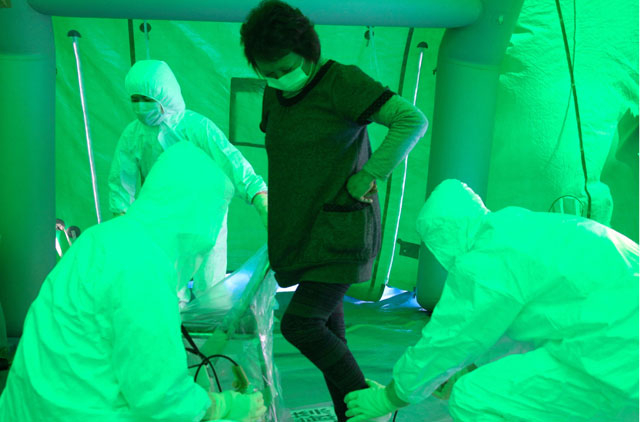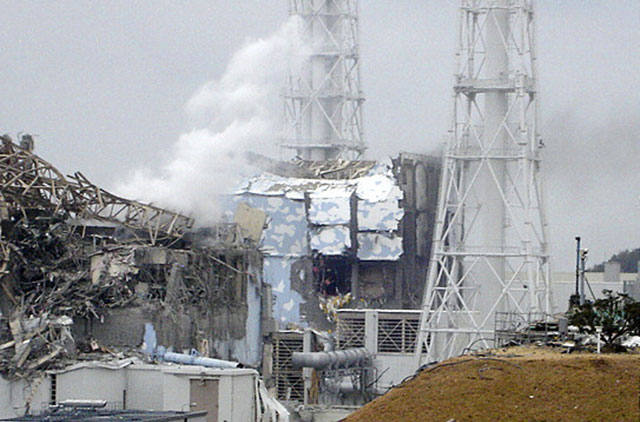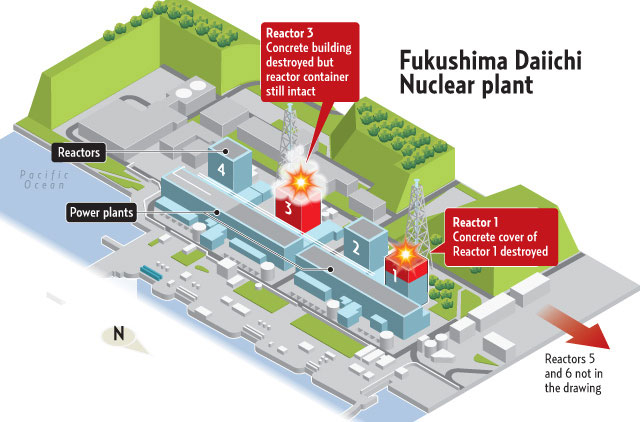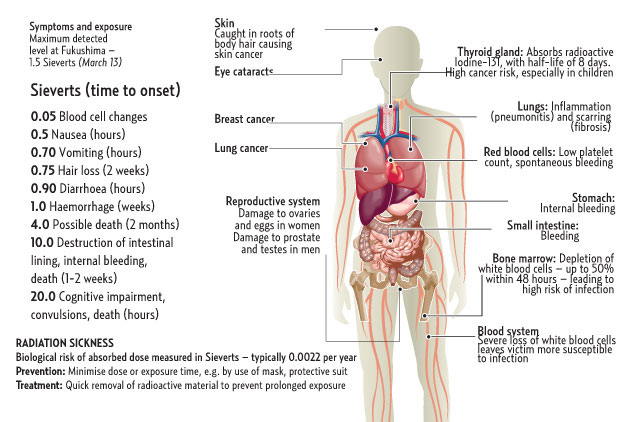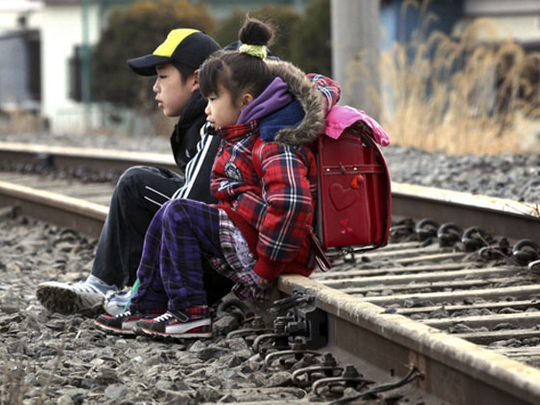
Tokyo: Japanese Emperor Akihito has thanked those involved in disaster relief help after his country's devastating earthquake and tsunami, including foreign governments.
He also urged an all-out rescue effort.
In pictures: Crisis deepens in quake-hit Japan
Workers ordered to leave a quake-damaged nuclear power plant in northeastern Japan were allowed back in after radiation levels fell, as Japan tried to contain nuclear leak.
Pumping of seawater at reactors at No. 1, 2 and 3 was proceeding smoothly, the Japan nuclear agency said.
The workers battling to contain the crisis at Japan's stricken Fukushima nuclear plant were all temporarily evacuated Wednesday because of a rise in radiation levels, a nuclear safety agency official said.
They were ordered to withdraw from a stricken Japanese nuclear power plant after radiation levels rose, Kyodo news reported, a development that suggested the crisis was spiralling out of control.
Just hours earlier another fire broke out at the plant, which has sent low levels of radiation wafting into Tokyo in the past 24 hours, triggering international alarm.
Japan ready to ask for US military help
Japan is ready to seek cooperation with the US military as it battles to avert catastrophe at a stricken nuclear plant hit by fire and explosions as radiation levels spike, the government said Wednesday.
Japan's chief government spokesman said it was "not realistic" to think the Daiichi nuclear plant in Fukushima, 240 kms (150 miles) north of Tokyo, would reach the start of a nuclear chain reaction, but said officials were talking to the US military about possible help.
Asked if Japan is ready to seek assistance from the US military at the stricken Fukushima plant, Chief Cabinet Secretary Yukio Edano said: "US military cooperation is needed when necessary. They have already cooperated in providing logistic materials."
He added: "We are preparing ourselves" to arrange further cooperation.
Worst industrial disaster
Academics and nuclear experts agree that the solutions being proposed to contain damage to the reactors are last-ditch efforts to stem what could well be remembered as one of the world's worst industrial disasters.
"This is a slow-moving nightmare," said Dr Thomas Neff, a research affiliate at the Center for International Studies, which is part of the Massachusetts Institute of Technology.
Concern had earlier been mounting that the skeleton crews dealing with the crisis might not be big enough, or were possibly exhausted after working for days since Friday's massive earthquake damaged the facility. Authorities had withdrawn 750 workers on Tuesday, leaving only 50.
The plight of hundreds of thousands left homeless by the quake and devastating tsunami that followed worsened overnight following a cold snap that brought snow to some of the worst-affected areas.
While the official death toll stands at around 4,000, more than 7,000 are listed as missing and the figure is expected to rise.
In the first hint of international frustration at the pace of updates from Japan, Yukiya Amano, director general of the International Atomic Energy Agency, said he wanted more timely and detailed information.
"We do not have all the details of the information so what we can do is limited," Amano told a news conference in Vienna. "I am trying to further improve the communication."
With inputs from agencies


